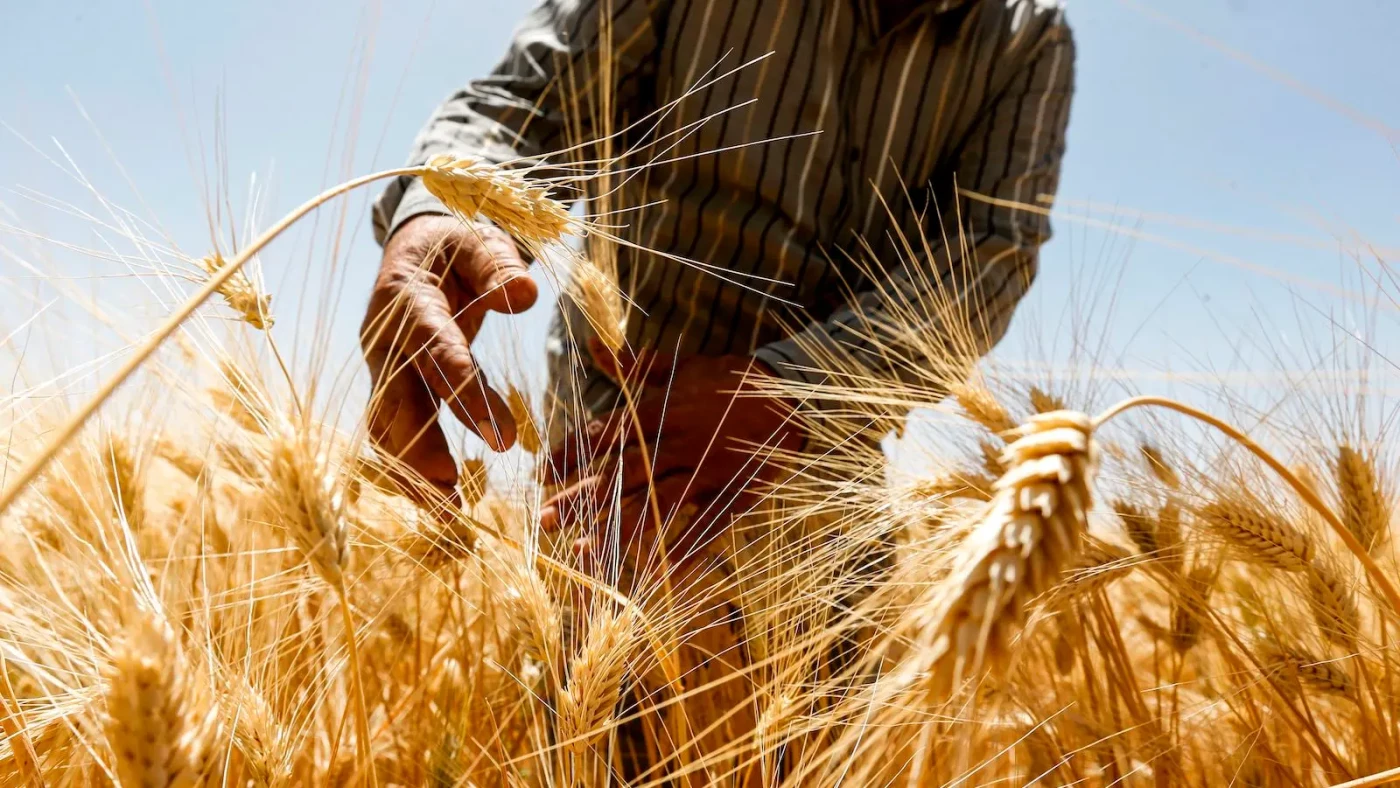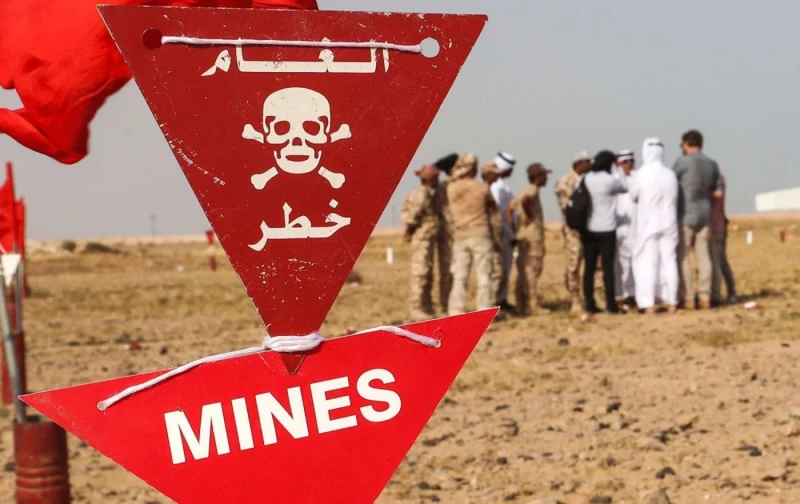ERBIL, Kurdistan Region - The Iraqi government has opted to purchase 400,000 tons of wheat from farmers in the Kurdistan Region, down from last year’s 700,000, an official from the Kurdistan Region’s trade ministry told The New Region, criticizing Baghdad's move.
“We are in contact with the Iraqi trade ministry to increase the amount of wheat produced by Kurdistan farmers because the amount they have set to receive is very low,” said Nawzad Sheikh Kamil, an official from the Ministry of Trade and Industry.
“Farmers are afraid that Baghdad may not receive their wheat,” he said.
Baghdad sets a quota of wheat to be purchased directly from farmers every year at a fixed price, higher than the market rate, in order to support domestic agriculture and ensure food security.
For the 2024/2025 season, Baghdad set the price of one ton of wheat at 850,000 dinars.
The trade ministry official warned that this year farmers have grappled with issues arising from a lack of rainfall, drying up a portion of the crops and increasing irrigation overheads.
The Kurdistan Region’s agriculture ministry has previously criticized Baghdad for setting lower wheat procurement targets for this season.
The Iraqi government has decided to reduce planting by 50 percent this year, from nine million dunams to 4.8 million dunams of land.
“The Iraqi government’s decision will leave immense damage on the farming process in the Kurdistan Region, and we cannot accept it,” Hiwa Ali, spokesperson of the agriculture ministry, said. “This decision has unilaterally been made.”
Due to the reduced rainfall, only 60 percent of arable land has been planted with wheat in the Kurdistan Region’s Duhok province, threatening food security, a local official told The New Region in January.
There is a total of 1.1 million dunams of arable farmland across Duhok province. Of this number, 900,000 dunams are suitable for growing wheat, the official detailed.
The Iraqi agriculture ministry has also already warned that the country has seen lower rainfall compared to the same period last year, signaling the country may suffer drought.



 Facebook
Facebook
 LinkedIn
LinkedIn
 Telegram
Telegram
 X
X


